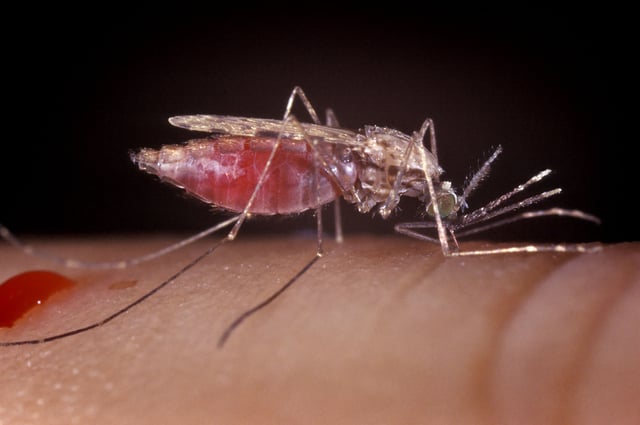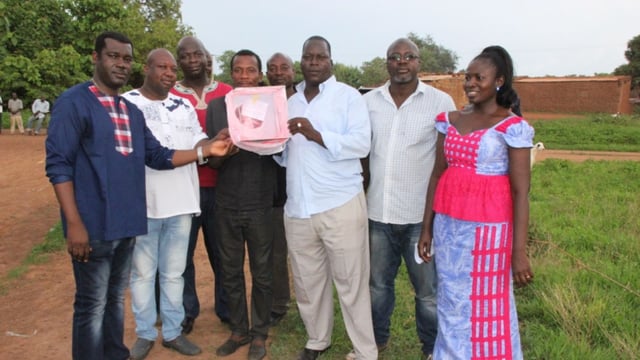Overview
- Dr. Abdoulaye Diabate, a Burkinabe scientist, has developed a gene-editing technique that could potentially eradicate malaria-transmitting mosquito species.
- Diabate was awarded the prestigious 2023 Falling Walls Prize for Science and Innovation Management for his research, which is seen as a major breakthrough in malaria control.
- Malaria remains a leading cause of death in Burkina Faso, claiming nearly 19,000 lives in 2021 alone.
- The gene-editing technique, known as 'gene drive technology', involves releasing gene-edited male mosquitoes that are sterile into the environment, which prevents female mosquitoes from producing new female offspring.
- Despite the potential of this technology, concerns have been raised about its impact on the environment and ecosystems, and it may take a few more years to roll out in Africa.


